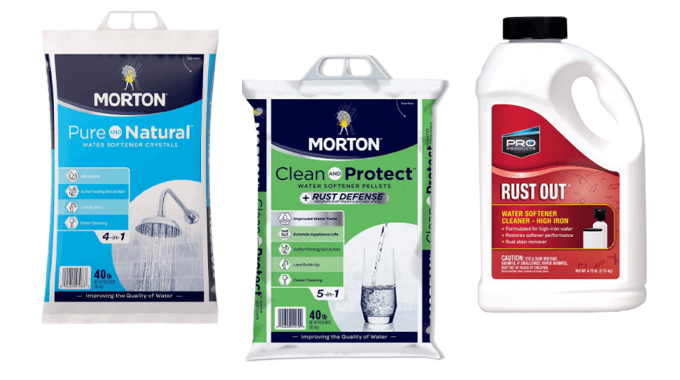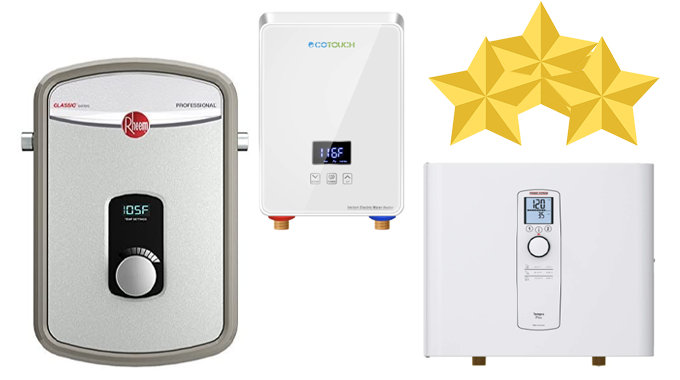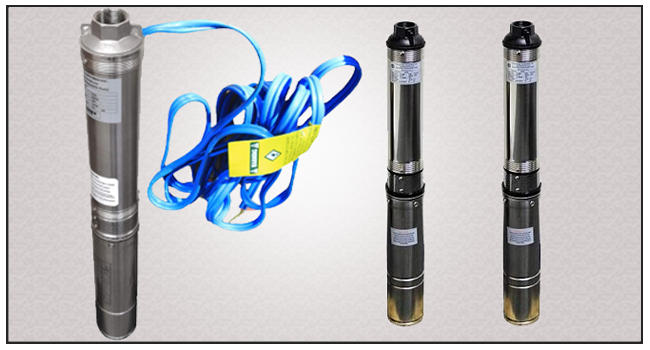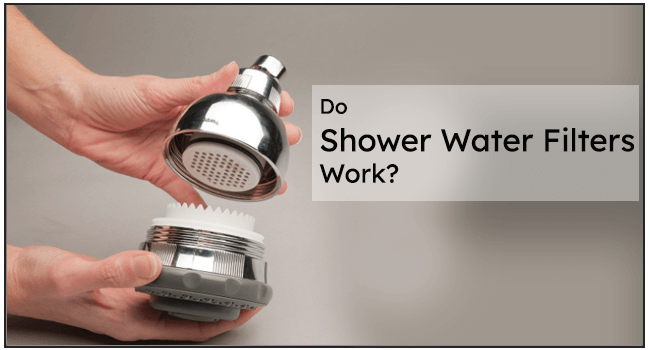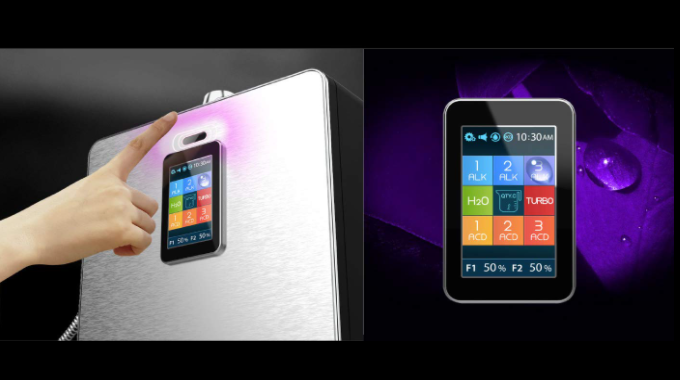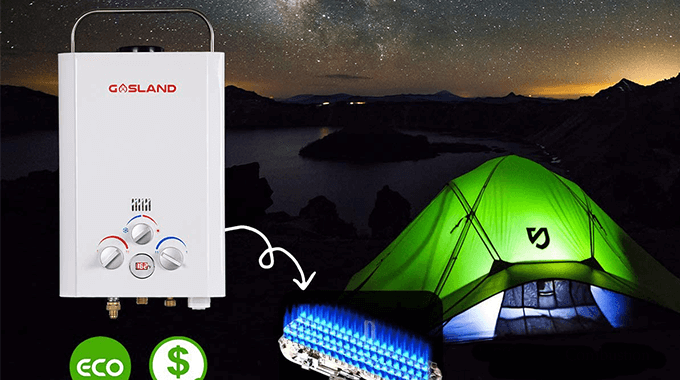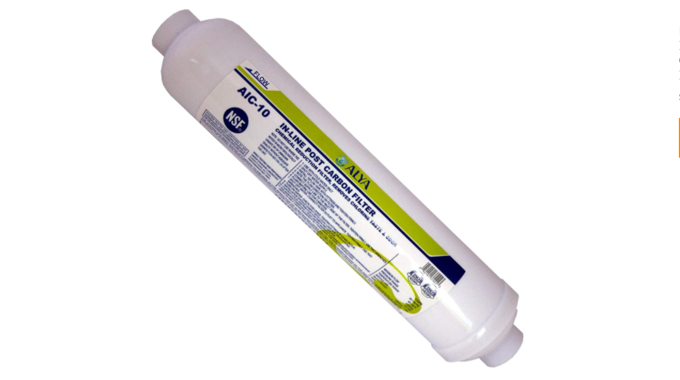6 Best Salts for Water Softeners in Australia– (Reviews & Guide 2023)
Are you searching for the best salts for water softeners and need a new bag of salt for your water softeners in Australia? If yes, read on.
You have stumbled upon the right page. In this review, we will list the 6 best salts for water softeners in Australia. We will explain how you can know if your water softener needs salt and much more.
Did you know that there are two types of water – hard and soft water? Yes, there is also something that we call hard water. The reason we call it ‘hard water’ is because of its high mineral content. Clean and fresh drinking water has a healthy quantity of minerals, but when those minerals are in large quantities, it can be harmful.
Hard water can be harmful to human health. And it can also damage the pipelines, showerheads and reduce the lifespan of other water appliances as well. This type of water is harsh and is the reason you may find filmy residue and stains on your utensils when you wash them with hard water.
But there is no need to worry as that is why we have best salts for water softeners in Australia. They soften the water and remove the excess minerals from the water. And salts are the main medium through which best salts for water softeners in Australia soften the water and make it safe to drink and use. But it is important that you use good quality salts. Poor quality salts either don’t work or aren’t as effective as they need to be.
And since we know that there are many options on the internet to choose from, we have put together this best salts for water softeners in Australia list. Our recommendations are based on in-depth market research, a critical analysis of every salt package, brand reputation, and customer reviews.
Reviews of the Best Salts for Water Softeners in Australia- Diamond Crystal vs Morton Water Softener Salt
Morton Salt 1501 Clean Protect System Water Softener
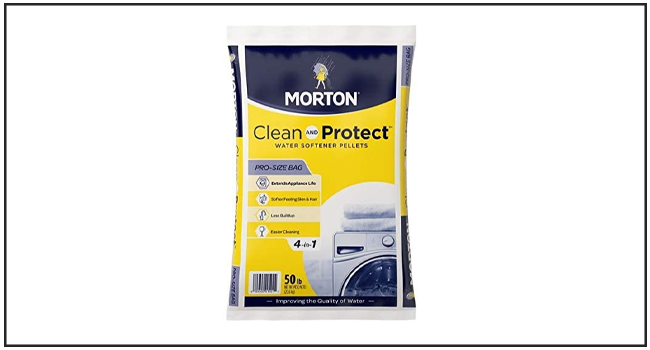
These salt pellets by Morton Salt make it to the top of our list for a few solid reasons. Firstly, because it has an overall 4-star rating and is highly loved by the customers. It is also the most popular and has made the highest amount of sales in the best salts for water softeners in Australia category.
But high customer reviews and sales are not the only reasons these salts made it to our list. These salts are premium-quality salts that extend the life of water appliances. They also ensure that you have soft hair and skin as they soften the water efficiently. The high-quality salts also ensure that there is no buildup of salts in your faucets or even in the brine tank of the softener.
It comes in a 50-pound bag of salt pellets and is extremely simple and easy to use. The 50-pound bag comes with a hard handle and an open tab. These water softener salts can also extend the life of water heaters and other water appliances.
Features
- 50-pound bag with a hard handle and open tab
- Salt pellets
- Increases the life of appliances
- Ensures soft hair and skin
- Prevents build-up
- Buy here
PRO RUST OUT Water Softener Cleaner
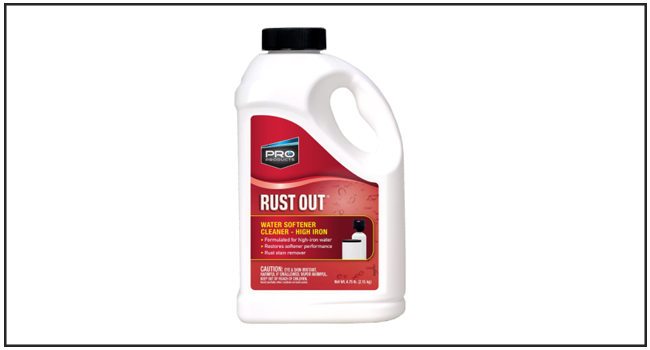
Second, on our best salts for water softeners in Australia list, we have this premium quality Pro Rust Out salt. The manufacturers have specifically designed this salt for high-iron water. Hard water does not only have high amounts of magnesium and calcium. In some cases, the water also has high amounts of iron. High amounts of iron in the water can be detrimental to health, and this salt is designed to prevent that iron toxicity.
This salt also restores the performance of the water softener, helping it perform and work much better than before. Made in the USA, this salt also removes rust stains from showers, tubs, faucets, toilets, and sinks. It’s easy to use and removes the iron buildup from the resin beads.
Features
- Removes iron buildup from resin beads
- Easy to use
- Removes stains
- Maintains and improves the efficiency of the water softener
- Buy here
Morton Salt Morton F124700000g Water Softener Pellets
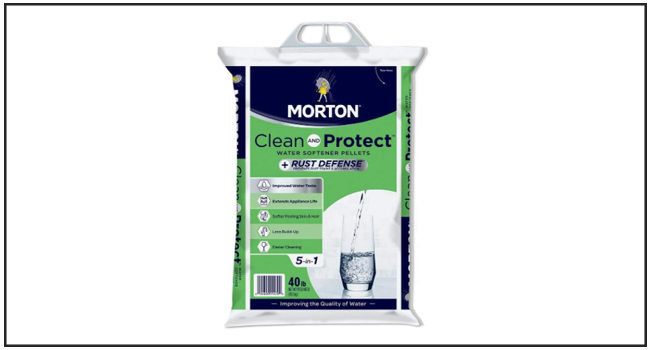
This is another amazing salt package by Morton Salt. Since this is the second salt product by Morton on our list, you may have guessed the popularity of this brand. If yes, you are right. Morton Salt has been making high-quality salts and other products for many decades. The company was founded 165 years ago and has made a revolutionary impact in the market ever since.
This is another one of Morton Salt’s amazing creations. While the previous Morton Salt product had a customer rating of 4, this one has a customer rating of 4.5. While the previous one came in a 50-pound bag, this one is lighter and comes in a 40-pound bag. The 10 pound lighter bag makes transportation easier and smoother.
This salt prevents your appliances and clothes from hard water rust stains. And it also prevents the buildup of scale in water heaters and pipes. And as it comes in a good and sturdy packaging, this makes it one of the best salts for water softeners in Australia.
Features
- 40-pound bag
- Improves the taste of water
- Prevents rust stains
- Prevents scale buildup
- Buy here
Cargill Salt 7304 Water Softener Salt
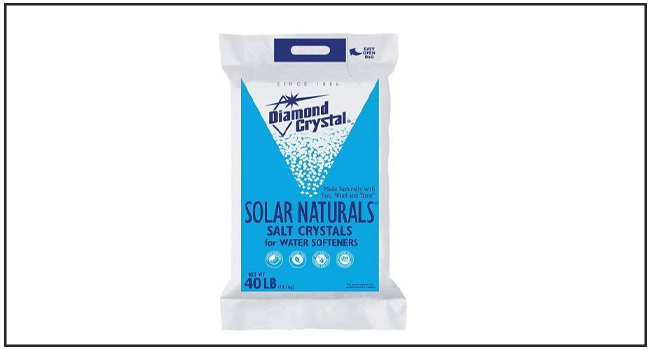
When it comes to the customer reviews, the Cargill water softening salt has an overall 4-star rating. This polybagged product comes in a 40-pound bag and is labeled as solar natural salt crystals. According to our market research, many customers prefer solar salt crystals over rock salts. This may be because solar salt crystals are cleaner and more efficient.
What’s even more impressive about these salt product is that it does not require any bridging, channeling or mushing. And if you need to, you can also use it for meat and poultry processing. Furthermore, you can also use this salt to cure olives, pickles, and other vegetables.
Features
- 40 pounds bag
- Multi-purpose salt
- Solar salt crystals
- Requires no mushing, channeling, or bridging
- Buy here
Diamond Crystal Water Softener Bag
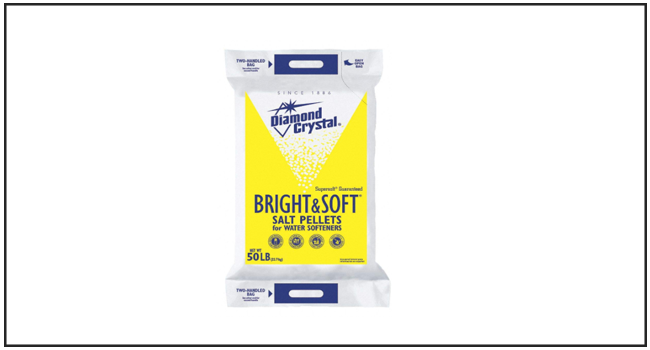
This water softening salt is another incredible salt product by Cargill Salt. It is potassium chloride, and so if you check the packaging of the product, you will find that it is labeled as a salt substitute. This premium quality salt works in all types and brands of water softeners. Its high-quality and versatility may be the reason it has a five-star rating on the world’s most famous retail website, Amazon.com.
This potassium chloride salt is a legit alternative to the commonly used sodium chloride. You can also use this water softened by these salts to water plants, and you’re pets, and animals can also safely drink this water.
Features
- High-quality and versatile
- Potassium chloride salt
- Multi purpose
- Brightens clothes
- Prevents stains on appliances
- Also, prevent pipes and valves from clogging
- Buy here
Morton U26624S Pure AND Natural Water Softening Crystals
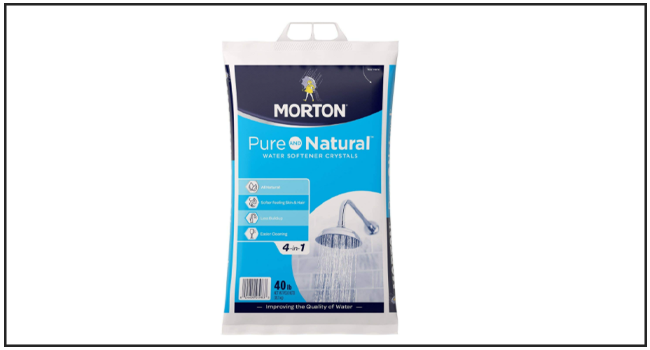
Last but surely not least, we have another high-quality salt by Morton Salt. This product comes in the form of crystal and is packaged in a 40-pound bag. It is a 100 percent natural product that will maintain and improve the quality of your hair and skin.
When you shower with hard water, soaps and detergents produce less lather reducing the quality of cleanliness. With this salt product, you won’t have to worry about less lather. It softens the water quite effectively while ensuring that your soaps and detergents produce more lather.
Features
- Crystal form salt
- 40-pound bag
- 100 percent natural
- Improves the quality of hair and skin
- Increase in soap and detergent lather
- Buy here
What Do Water Softener Salts DO? Is It Safe To Eat Water Softener Salt?
The science behind water softeners is easy. To know how water softeners and the salts work, it’s helpful to understand what makes the water hard in the first place. As we shared above, the presence of excess minerals like magnesium and calcium in the water makes it hard water. In scientific terms, you can say that it is ‘hard ions’ that make the water hard.
This is where water softeners and the salts step into the picture. The water softeners contain salts. And when the water passes through the water softener, the salts or salt ions replace the hard ions making the water soft. The salts ensure the reduction of hard ions by replacing them with salt ions.
Water softeners aren’t like water filters. It’s easy to confuse both. Water filters remove all sorts of contaminants from the water. Whereas water softeners simply exchange the hard ions with the salts ions and make hard water soft.
As you must’ve figured out by now, salt is the main ingredient in water softeners. Without salt, a water softener will not work and is of no use. Here is what happens inside a water softener during the process of softening water:
- Every water softener has a resin tank. The exchange between the hard and salt ions takes place on these resin tanks.
- These resin beads are covered with the essential salts. When water flows through the water softener, it comes in contact with the resin beads covered in salts.
- Naturally, when water flows through the resin beads, the salt ions take the place of the hard ions in the water and soften the water. It is in the resin beads that the hard and salt ions exchange places and give you soft water.
Now, when you use the water softeners almost every day, eventually, the salts from the resin beads wear out. Without these salts, there can be no soft water. So this is where you need to add more salts to the resin beads so you can keep getting soft water. And this is where our best salts for water softeners list will be helpful.
All you need to do to replace the resin beads is add the salts to the softener’s brine tank. While recharging the resin beads, the salt ions will exchange places with the hardness ions within the brine tank. And as the two ions exchange places, any excess of minerals in the water will be rinsed and pushed into the wastewater drain.
How Can I Add Salt to a Water Softener? Can You Overfill a WaterSoftner with Salt?
An amazing thing about water softeners is that they regenerate themselves. All you need to do is add salts to the softener’s brine tank.
But if you forget to add the salts to the brine tank, then you may need to do it manually to regenerate the softener. To manually regenerate the softener, you will need two 40 pound bags of salts for water softeners and a wet rag. The quantity of salt you will need will depend on the size of the water softener.
Once you have the salts and the rag, you need to clean the brine tank. Yes, before you add any more salts to the tank, you need to clean it with a rag. The brine tank’s sidewalls contain buildup from before. So, clean the buildup from the side walls as it is important for the tank to be clean before you add salts to it.
After you are done cleaning the brine tank, pour the two 40 pounds of salts into the water softener. According to the size of your water softener unit, it is best to not put more than two 40 pounds of salts in it. Ensure that the brine tank is only half full.
Once you are done adding the salt to the brine tank, you need to manually regenerate the water softener. Most water softening units come with a control panel that has a button for manual regeneration.
You need to keep the button pressed until the water softening restarts and begins the regeneration process.
It is important for you to know that while water softeners can automatically regenerate themselves, they also require manual regeneration from time-to-time. The manual regeneration ensures that the water softening unit is clean, which helps it run smoothly for many years.
Complete Buying Guide on Best Salts for Water Softeners in Australia – Salt for Water Softner
-
How Can I Tell If My Water Softener Needs Salt?
By now, you know very well that without salts, a water softener is of no use. Salt is the most important part of the water softening process. And so it is crucial to know when you need to add salt to the brine tank. If you forget to add salt, you will be using hard water in your house, causing different issues.
How much salt you need to add to the unit depends on a few important factors. The hardness level of the water, the model of water softener you have, the frequency of salt replacement, the size of the brine tank, and the quantity of water your household uses are the factors that determine how much salt you need to add to the unit.
That said, to know when you need to add salt to the water softener, you can take into consideration the following:
Check the salt levels
One of the easiest ways you can know when you need to add more salts to the softener is by checking the salt levels inside the brine tank. All you need to do is lift the brine tank’s cover and have a look inside. If you see that there is less salt in the tank and the tank is less than half, then you need to add more salt to it until the tank is half full.
The age of your softener
Another easy to tell when you need to add salt to the tank is considering the age of your softener. With older water softeners, you need to add salt more often than newer ones. For example, if you have a water softener that is more than 10 years old, it will use more salt to soften the water than a newer water softener.
As water softeners become old, they decrease in efficiency and end up using more salts than when they did when they were new. With newly bought softeners, you need to add salt to them every 5 to 8 weeks. But with the older ones, you need to keep checking the brine tank to determine if it needs more salt.
Check from salt bridges
Another way to tell if you need to add salt to the brine tank is by checking for salt bridges in it. It is important to check every two or 3 months and ensure that salt bridges do not form inside the tank. Salt bridges limit the efficiency of the water softening by slowing down the process of ion exchange.
Salt bridges can form when the salt level does not decrease even after months of using the softener. To avoid the formation of salt bridges, you can place the softener in a low-humidity area, use high-quality salt, and ensuring that the brine tank is always half full of salt.
No soft water
One of the easiest ways to tell if the brine tank needs salt is when you see hard water flowing through your faucets. After installing a water softener and using it every day, you will easily be able to tell when the water is hard or soft. So, when you find that hard water is running through the faucets, it is time to add salt to the brine tank.
Frequently Asked Questions About Best Salts for Water Softeners in Australia
- Is It Safe To Drink Softened Water?
Yes, soft water is extremely safe to drink. In fact, drinking hard water is detrimental to health and drinking soft water helps you stay healthy. A common misconception is that when we add some or put water through a restructuring process, it isn’t safe to drink anymore. Nothing could be far from the truth than this misconception.
All the water softener does is that it removes excess minerals from the water and balances the water. A healthy quantity of minerals remains in the water, making the water safe to drink and use for cooking.
- How Much Salt does Sodium Chloride Water Softener Salt Contain?
Sodium chloride is a salt that is used in water softening systems. As there are so many people with kidney issues and various other renal issues, it is good to know the salt content in the water that is softened by sodium chloride. For example, if you drink 2 liters of water every day, it would contain about 125 grams of salt in it.
- Is it Safe to Use Food-Grade Salt to Soften The Water?
This is a common question that occurs when you use a water softener. It is recommended not to ever use food-grade salt (table salt) in the water softener. This is because crystals of table salt are much smaller than the crystals of the salt made, especially for water softeners.
And because of the smaller size of the crystals of table salt, they can easily form salt bridges inside the salt tank, which hinders the water softening process.
- Can I Mix Different Types of Salts in My Water Softener?
Sometimes it may happen that you won’t find the same type or brand of salt that you used before when you had to add salt to the brine tank. In such a situation, you will need to buy a different type or brand of salt to add to the brine tank and mix different types of salts together. This is completely fine as different types of salts can be mixed together, and they still work perfectly fine and give you soft water.
But in some situations, you will need to be more careful and double-check a few things. For example, water softeners come in different types. You will find all in one water softeners and single tank water softeners. For these types of softeners, manufacturers recommend that you use pellets as they prevent the formation of salt crust and bridges around the bank.
Another thing to keep in mind is that water softeners that do not have a salt screen at the bottom will work better with pellets or cubes. Pellets and cubes prevent the salt crystals from going into the salt draw pipe.
Conclusion
Salt to a water softener is like air to humans. Without salts, water softeners won’t work and are of no use. And as important as salts are, it is even more important to use high-quality salts for water softeners. Low-quality salts may not soften the water and retain the hardness of the water. Low-quality salts are also more prone to forming salt crusts and bridges in the brine tank.
And so, we hope that the 6 best salts for water softeners in Australia list we have provided you with has given you enough options to choose the best quality salts. We also hope that our extensive buying guide has provided you with enough information to help you make a well-informed choice.

